7 simple tips that can assist You fall asleep quick
Good sleep is incredibly important. But for many people, bedtime can be stressful. If you are one of them who are up at 3 A.M. googling “how to fall asleep quickly” you are on the right place, and you are definitely not alone who have trouble falling asleep at night.
According to a study performed by the U.S. Department of Health and Human Services, it was found that about 30 to 40 percent of the population suffers from symptoms of insomnia in a given year. About 10 to 15 percent of people claim they suffer from chronic insomnia, meaning symptoms appear at least three nights a week for more than a month.
Those who toss and turn each night know how frustrating it is to have trouble falling asleep. But aside making you tired and cranky, not getting enough sleep may also affect your overall health (1). Research has shown you may be at a higher risk of weight gain, diabetes, and depression when your circadian rhythm is thrown out of whack.
There are so many circumstances that affect how you rest - anxiety, caffeine intake, diet, and health conditions, to name a few. While you might not be able to control the factors that interfere with your sleep. There's a myriad of expert-approved strategies that you can implement to get your sleep back on track. Here are 7 simple tips that can assist You fall asleep quick.
1. Lower The Temperature
The sudden drop in body temperature can help you get to sleep faster. If your room is too warm, you might have a hard time falling asleep. Before crawling under the covers, adjust the heat. There is no exact magic temperature that is applicable to everyone, because of individual core body temperature.
However, most scientific literature recommends a cool room being between 60 and 67 degrees Fahrenheit (15.6–19.4°C). Individual preferences will vary, so find the temperature that works best for you to fall asleep quickly.
2. Use The 4-7-8 Breathing Method
Here are the steps:
- Put the tip of your tongue against the skin behind your upper front teeth.
- Exhale completely through your mouth and make a “whoosh” sound.
- Closing your mouth, breathe in through your nose while counting to 4.
- Hold your breath while counting to 7.
- Breathe out fully out of your mouth, making a “whoosh” sound and counting to 8.
- Repeat the whole process three more times.
3. Get On a Schedule
If you mess with this on your days off by sleeping in it will mess with your overall quality of sleep, including falling asleep in a quick manner. Studies have shown that staying on a schedule can be a big help for performance during the day. Go to bed and get up at the same time every day. This helps keep your body's internal clock regular, which makes it easier to fall and stay asleep (1).
4. Exercise During The Day
A post-workout burst of energy can keep you awake. Aim to finish any vigorous exercise 3 to 4 hours before you head to bed. If you can't make it to the gym or out on a long run, remember that even walking to work or school, instead of taking transportation or taking a short walk or two throughout the day can help you get a healthy sleep.
5. Read Something
Paper books provide higher memory retention than e-books, since they give readers a sense of progression while they flip through the pages. As e-books emit light, which interferes with the ability to fall asleep by reducing melatonin secretion. Lowered melatonin levels make it harder for you to fall asleep and cause you to feel tired the next day (4). We recommend switching to paper books rather than e-books.
6. Avoid Looking At Your Clock
You can position your clock in a way that doesn’t allow you to see it. If possible, it’s best to remove the clock from your room. If you need to use your alarm clock to ensure you rise on time, put it in a drawer so you aren't tempted to glance at it every five minutes.
7. Take a Warm Shower
Research shows that this decrease in temperature can trigger a sleepy feeling because your heart rate, digestion and other metabolic processes slow down. This will eventually help your brain to power down. In a literature review it was found that taking a hot bath or shower before bed could improve certain sleep parameters, such as sleep efficiency and sleep quality. So grab soap of choice and hit the shower if you're looking to get a good night's rest.


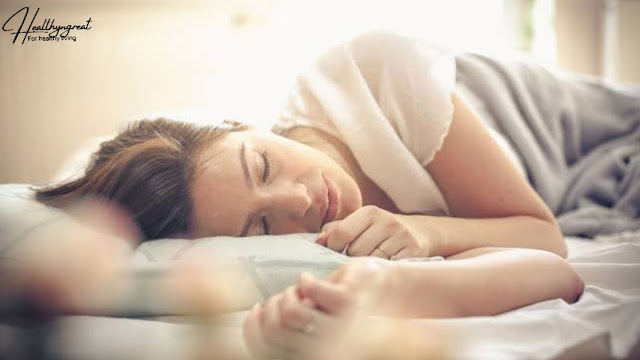
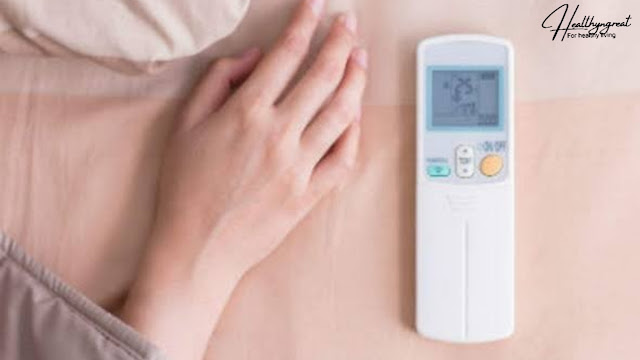
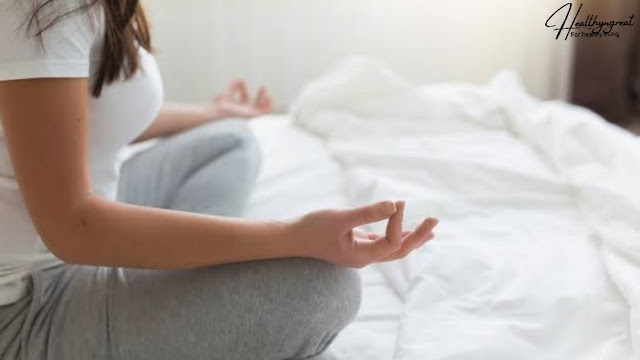
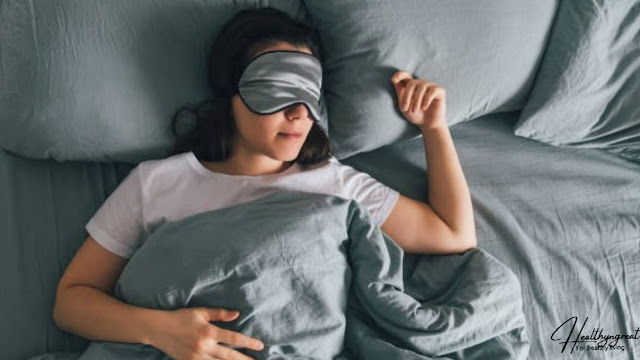


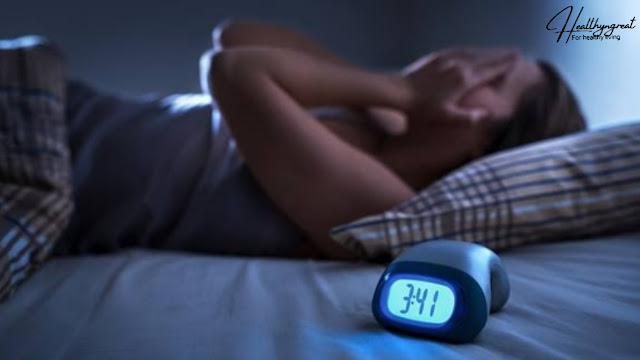
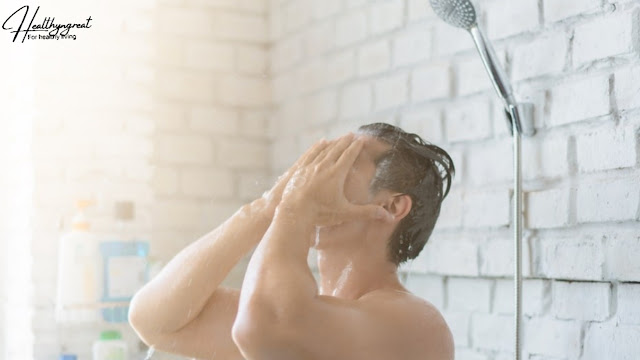







Post a Comment
0 Comments
If you have any doubt please let me know.